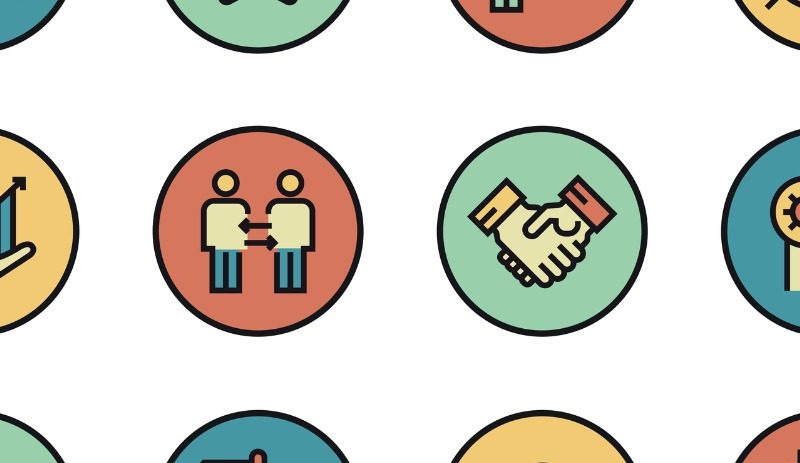Why you should aim to be a ‘deadbeat’ – at least when it comes to your credit card
Are you a deadbeat? When it comes to credit cards, that’s actually a good thing.
Yep, a ‘deadbeat’ is a term for someone who pays off their credit card in full and on time every month. Why a deadbeat? Well, if you pay off your card each month, the credit card company doesn’t charge you interest – so they won’t make any money off you. (Credit card companies also use the much more polite terms ‘non-revolver’ and ‘transactor’.)
A whopping two million Aussies fail to pay off their credit card balances each month, amounting to $7b in interest each year. And according to RBA statistics, a huge $32b was accruing interest on credit cards in January 2017 – that’s one month alone, and an average of $4,200 per card holder!
So if you’re not a credit card ‘deadbeat’ and you’re one of the many Aussies who owes money on a credit card, it’s a good idea to clear the debt as soon as possible. There are a couple of strategies many people opt for – such as a balance transfer, which means you switch your existing debt to a new credit card company and usually enjoy a 0% interest rate for a period of time. Or you can consolidate your debt into a lower interest personal loan and pay it off more easily.
“There are lots of reasons for people’s credit card behaviour, whether they pay it off in full each month or they carry a balance,” says CreditSimple.com.au spokesperson Emily Price. “Some ‘transactors’ like to use credit cards for their everyday spending so they can get the most out of rewards programmes and get extra treats. And some people simply don’t budget and end up using credit cards to get by.
“Whatever your situation and strategy, the best thing to do is pay off your credit card in full and on time each month, and try to see a credit card as a tool of convenience rather than an avenue for long-term borrowing.”
CreditSimple.com.au spokesperson Emily Price has provided her top tips that can help more Aussies earn the coveted deadbeat status.
1. Balance transfers
“Balance transfer credit cards, where one bank pays off any outstanding debt from a previous bank at a lower interest rate, can be a good option for some people,” Emily says. “Remember these offers usually only exist for an introductory period, so make sure you make the repayments while the low interest rate is still in place.”
2. Consolidate, consolidate, consolidate
“Consider consolidating individual debts into one low interest personal loan to make payments simpler to manage and minimise interest fees.”
3. The order is key
“Lay out a clear repayment plan, especially if you have multiple debts. As a rule of thumb, it is usually best to pay off debts with the highest interest rate first and you should look to wipe out your debts one at a time – even if that means starting with the smallest. Consider working with a financial counsellor or adviser who can help you consolidate your debts and work out the best repayment plan for you.”
4. Lower your credit card limit
“Measures like reducing your credit card limit, reducing the number of cards you have, or using a debit card can help to prevent overspending. If you do need to spend on your card, remember to make repayments on time to avoid negatively affecting your credit history.”
5. Create a budget
“This may seem like an obvious tip but creating a budget can help you identify any unnecessary spending or areas that could be cut back. Remember that it can take a little time to wipe debt, but you’ll be in the black much faster if you maximise your credit card repayment each month.”
Being a deadbeat (*cough*, sorry, ‘transactor’) has never looked better.
- Post Tags:
- credit
- credit card
- interest
Credit Simple
Credit Simple gives all Australians free access to their credit score, as well as their detailed credit report. See how your credit score compares by age, gender and community and gain valuable insights into what it all means.
All stories by: Credit Simple


